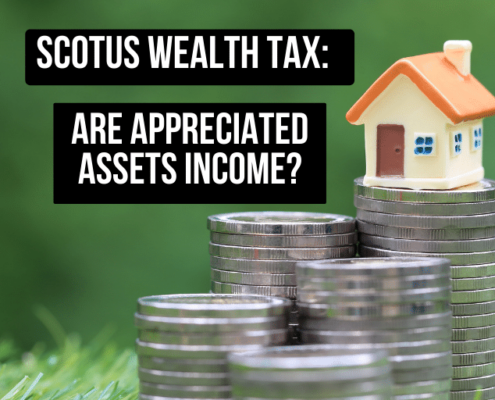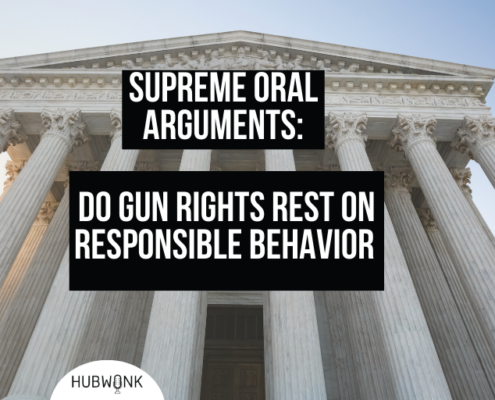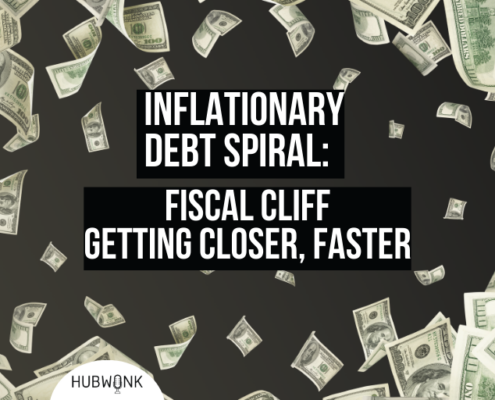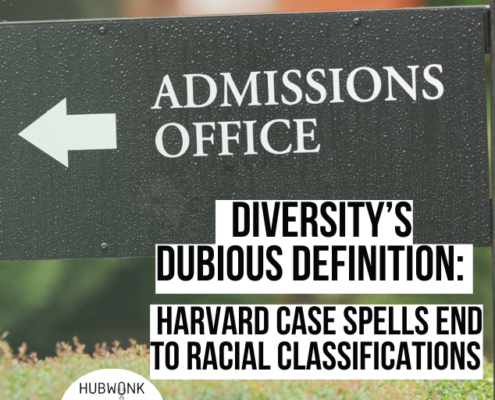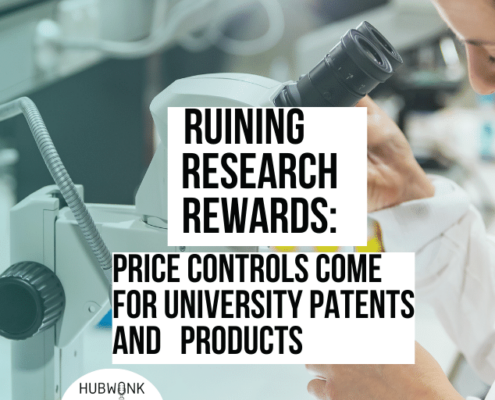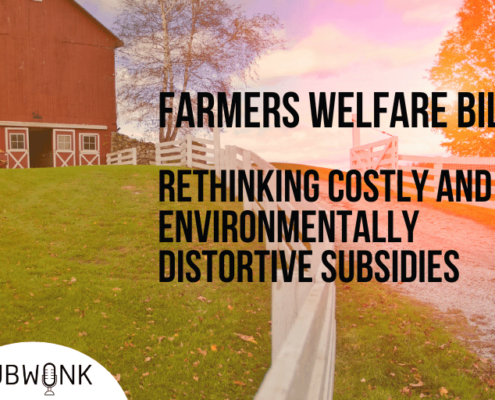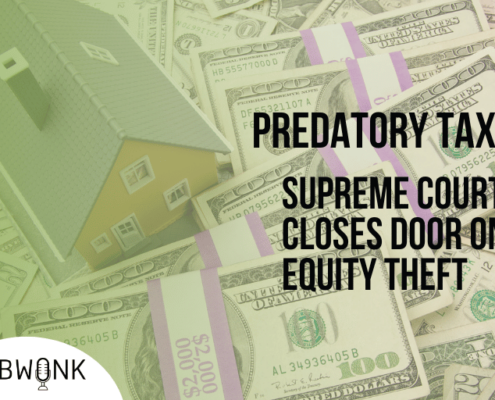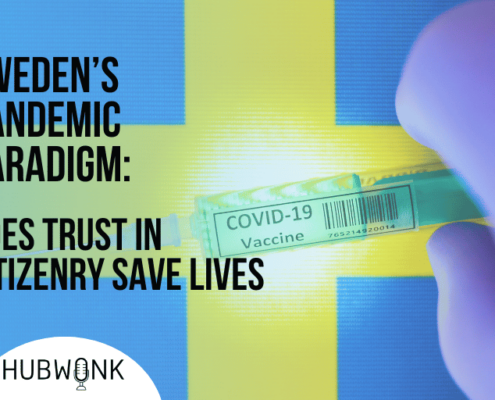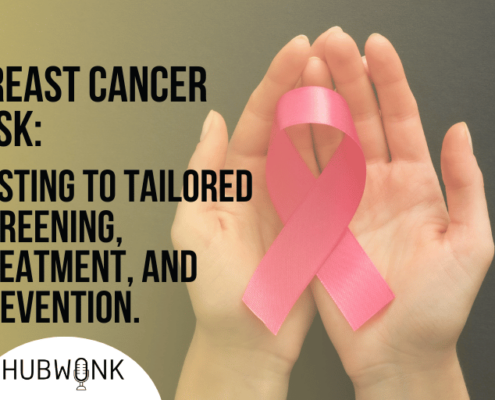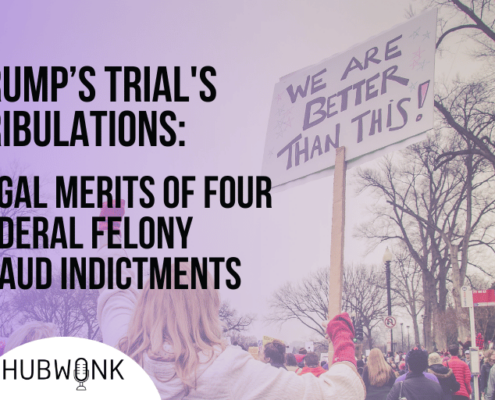Small Business Life Support: Policy Relief for Firms Sickened by COVID?
Host Joe Selvaggi talks with Pioneer Institute’s Andrew Mikula and Retailers Association of Massachusetts’ Jon Hurst about the state of small business in Massachusetts six months into the pandemic. They discuss the observations and recommendations of Pioneer’s new report, “The Long View: A Public Policy Roadmap for Saving Small Businesses During the COVID-19 Recovery Period.”
Interview Guest
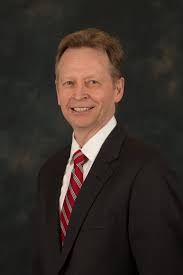 Jon Hurst has served as President of the Retailers Association of Massachusetts (RAM) since 1990. As CEO of the 4,000-member statewide trade association, Hurst manages the member services, education and public affairs of the organization.
Jon Hurst has served as President of the Retailers Association of Massachusetts (RAM) since 1990. As CEO of the 4,000-member statewide trade association, Hurst manages the member services, education and public affairs of the organization.
Hurst also serves as Chairman of the Board of the MA Retail Merchants Workers Compensation Group, Inc., a non-profit group organized by RAM in 1991. He also heads the Retailers Association of Massachusetts Health Insurance Cooperative, the first non-profit small business health insurance cooperative authorized in 2012 by the state.
Hurst has served on various state advisory boards, including current roles with the Economic Development Planning Council, the Statewide Healthcare Quality Advisory Committee, the Health Policy Commission Advisory Council, and the Workforce Competitive Trust Fund Advisory Committee. Hurst has served on numerous non-profit boards, including the Beverly YMCA, Beverly Main Streets, the National Retail Federation, and also served as Chairman of the National Association of State Retail Association Executives.
Co-Host
 Andrew Mikula is a Research Assistant at Pioneer Institute. Mr. Mikula was previously a Lovett & Ruth Peters Economic Opportunity Fellow at Pioneer Institute and studied economics at Bates College. He recently co-authored Pioneer’s report, “The Long View: A Public Policy Roadmap for Saving Small Businesses During the COVID-19 Recovery Period.”
Andrew Mikula is a Research Assistant at Pioneer Institute. Mr. Mikula was previously a Lovett & Ruth Peters Economic Opportunity Fellow at Pioneer Institute and studied economics at Bates College. He recently co-authored Pioneer’s report, “The Long View: A Public Policy Roadmap for Saving Small Businesses During the COVID-19 Recovery Period.”
Get Updates on Our Education Research
Related Posts


